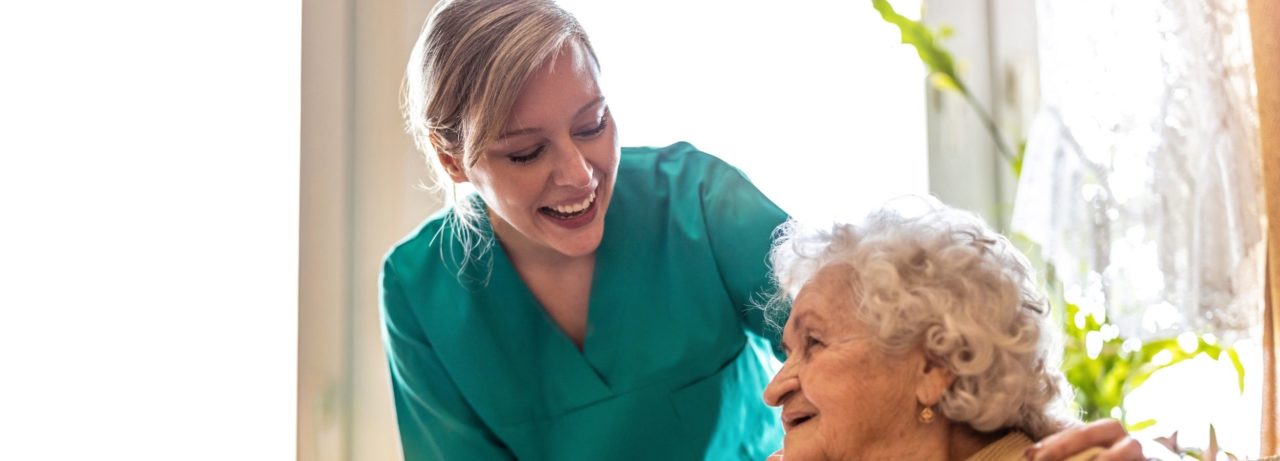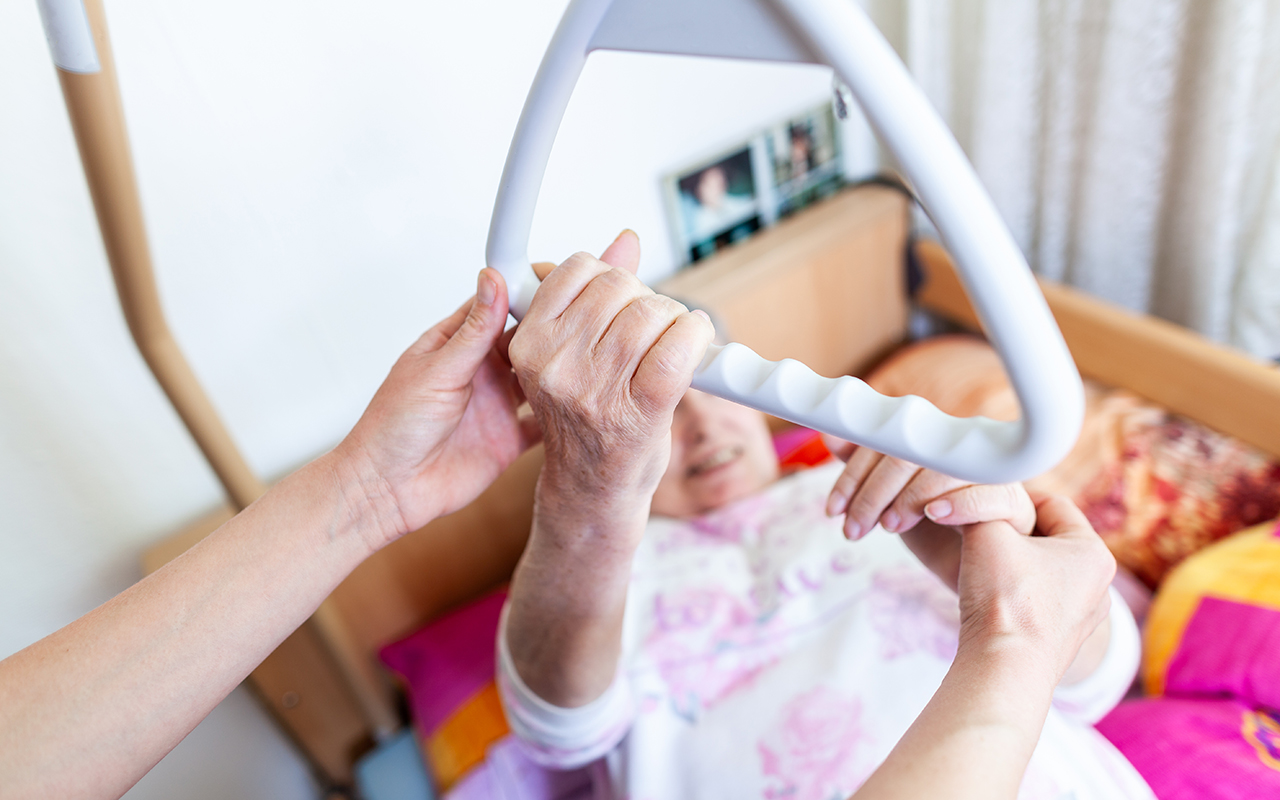Share
When building a personal and professional relationship with your loved one’s caregiver you are setting up the foundation for how the relationship will be. We’re going to share some ways to help with creating a successful and healthy connection with you and your family member’s caregiver.
Honesty is the Best Policy
Communicate openly and honestly with your caregiver. They will have your family member’s medical records, but it doesn’t hurt to reiterate what your family member is allergic to and also ask them about their allergies. That way that information can help prevent any future health scares for your loved one and the caregiver.
Express what your expectations are for the caregiver who is going to be taking care of your loved one and setting boundaries. Misunderstandings can happen however, a good way to handle that is to be honest about how you feel about something and what you were trying to say. If they said something that you didn’t like or agree with, calmly and respectfully talk to them about it.
Communication is Key
Listening is an important part of communication. Try not to listen just to respond but listen to understand where they are coming from and what they are actually saying.
Be open-minded when your caregiver presents you with a concern or an idea. Explain to them how your loved one wants them to perform certain tasks. For instance, how warm they like their bathwater, how bright they prefer the lighting when they walk into a room, what time they like to go to sleep.
Talk about your family members’ likes and dislikes, they both might share similar interests and watch the same shows, movies, read similar books or listen to certain music which they can enjoy together and help build their own relationship.
Comfort is Cozy
Your loved one should feel comfortable around their caregiver. Tell them things that make your family member feel at ease as well as things that are not favourable, so they know upfront what your loved one’s comfort zone is. The same goes for the caregiver, ask them what makes them feel comfortable and uncomfortable.
They are going to be spending a lot of time with your loved one and it wouldn’t make for a good outcome if someone has to walk on eggshells or have to tiptoe (figuratively speaking) around certain ideas, questions or statements. It’s good to tell them what may offend you or your loved one to avoid uncomfortable situations in the future.
Trust
Have trust that you picked a great caregiver to help your family member age and that puts your family member’s physical and mental health as their top priorities while caring for them. Caregivers play an extremely important part in taking care of your loved one. Show them respect and kindness. Be patient with them and try not to micromanage everything that they do.
It’s important to develop a genuine, strong, long-lasting relationship to ensure your family member is getting the utmost care and the caregiver enjoys working for your family. Caring Home Care has a nurse registry that can match your loved one with the proper aid based on specific needs, giving you peace of mind that they are in trusted hands.
How Caregivers Can Reduce Injury While Assisting Seniors Providing daily care for seniors is meaningful work. It can also be physically demanding. Many caregiver injuries happen during lifting, transferring, or repositioning seniors. These injuries are often preventable when proper techniques are used. Learning caregiver injury prevention strategies protects both the caregiver and the senior. It
Why Professional Home Care Is Safer Than Family Only Care Caring for an aging loved one is deeply personal. Many families step in with the best intentions. However, as care needs increase, family only caregiving can become overwhelming and risky. This is where professional home care plays a critical role. Professional caregivers are trained, experienced,
Connecting During the Thanksgiving Holiday: How to Support Your Elder Relatives The Thanksgiving holiday is a time filled with warmth, gratitude, and meaningful family traditions. However, for many older adults, it can also be a period of loneliness or emotional distance. This is especially true for seniors who live alone, have limited mobility, or are
Transition to In-Home Care: Helping Seniors Adjust Comfortably to Elderly Care Services Understanding the In-Home Care Transition The decision to begin in-home care is a big step for both seniors and their families. It often marks the start of a new chapter—one focused on safety, comfort, and support. However, the in-home care transition can bring
Need A Caregiver? Fill Out Form Below
With our competitive rates, we make receiving in-home care affordable regardless of whether you’re using your insurance or paying out of pocket.







